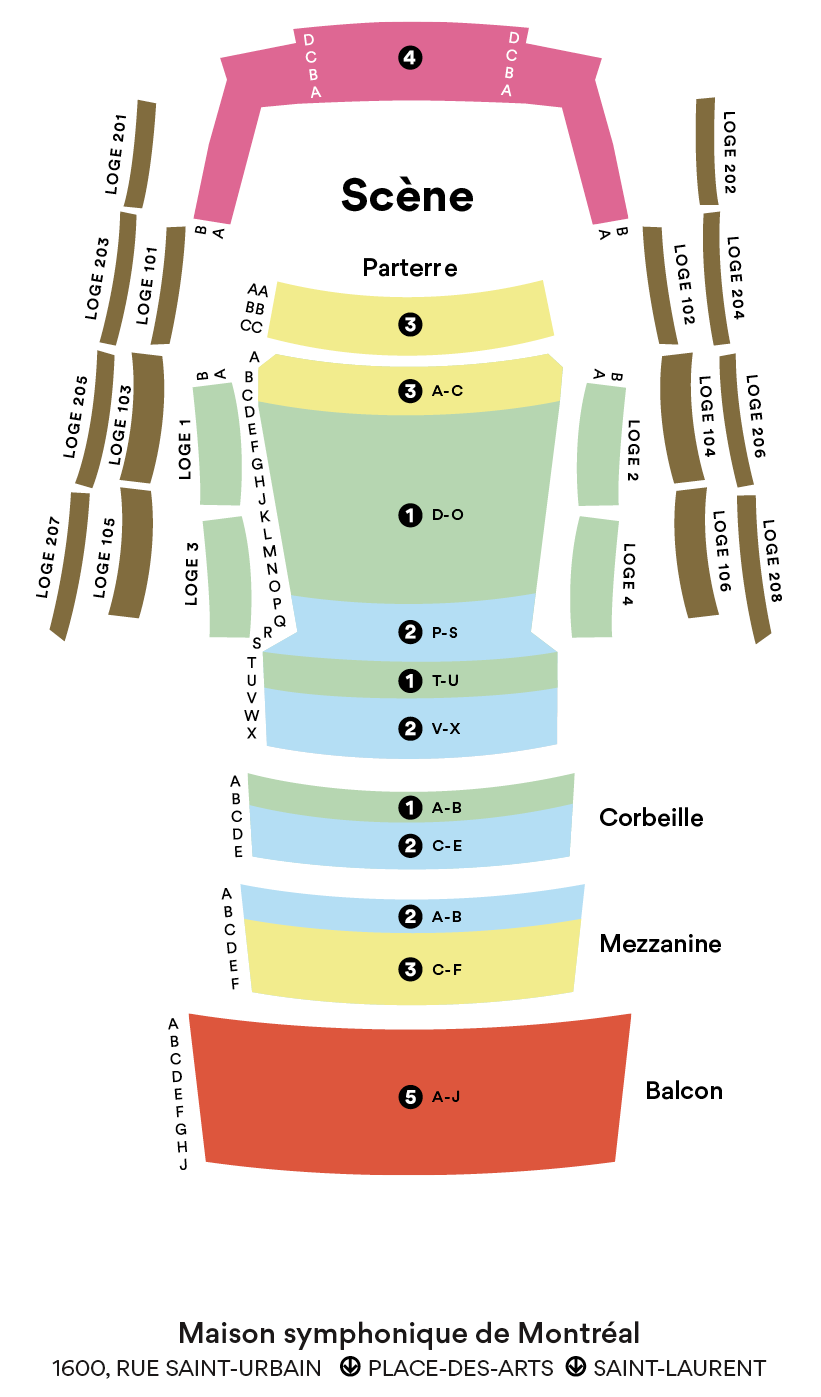Concert Overture in D major
Elfrida Andrée
1841 – 1929
“The orchestra, that is my goal!” – Elfrida Andrée
Born in 1841 on the island of Gotland, Elfrida Andrée was a leading figure among the activists fighting for equality between men and women in Sweden, her native country. After early lessons with the village organist, she attended the Royal Swedish Academy of Music in Stockholm, where she studied with Frans Berwald, the most important Swedish composer of the 19th century. At age 16, she obtained a professional organist’s diploma and, from then on and with her father’s support, began doggedly pressuring the clergy to allow her to practise her art in a church. After helping to engineer a change in the law, she became the organist at a French reformed church, among others, before being appointed musical director and organist at the Gothenburg Cathedral, becoming the first woman in Europe to be granted such positions. She held them until her death.
Her activities touched every aspect of musical art, including teaching and concert organization. She left around 100 works in every genre and was the first woman in her country to compose chamber music and symphonic pieces, which, despite objections, she conducted herself. Her orchestral style, which she perfected under Niels Gade in Copenhagen in 1870, shows her admiration for Mendelssohn and is aligned with the German Romantic school and respect for traditional forms. It is marked by balance, proportion, a “discreet sentimentality” (Jean-Luc Caron) and “clear and pure” melodies. Composed in 1873 and later revised, her Concert Overture in two sections (slow and fast) that are played without a break is notable for its serene atmosphere and colourful handling of the winds.
© 2022 François Filiatrault
Translation by Craig Schweickert
